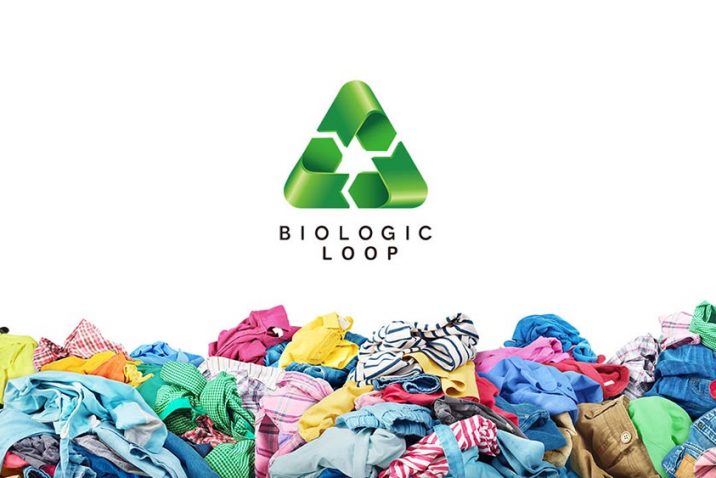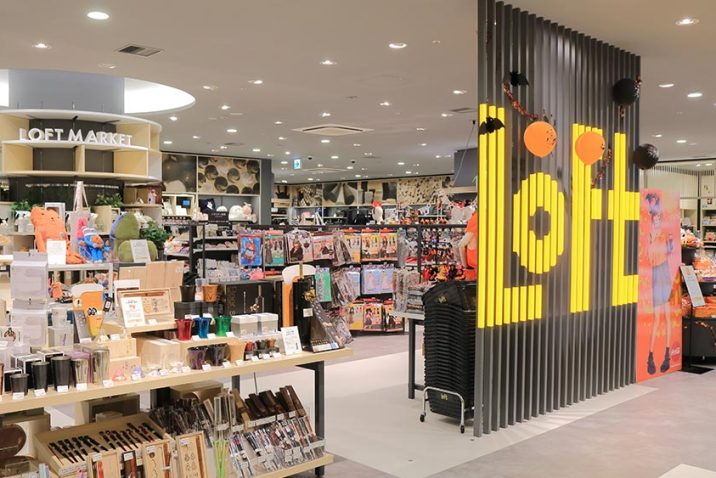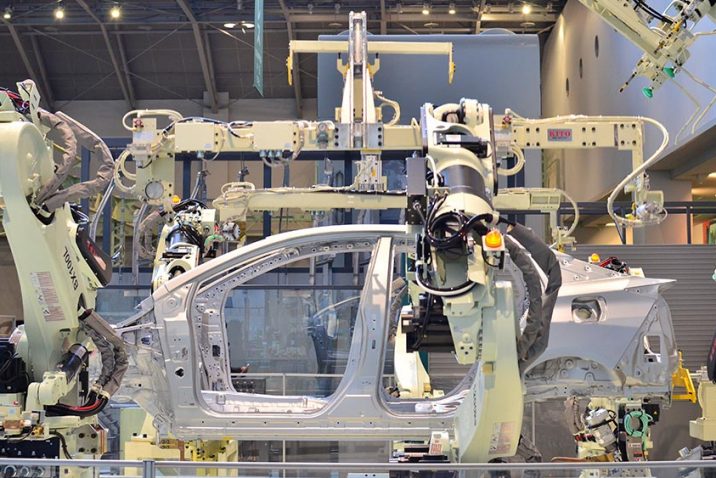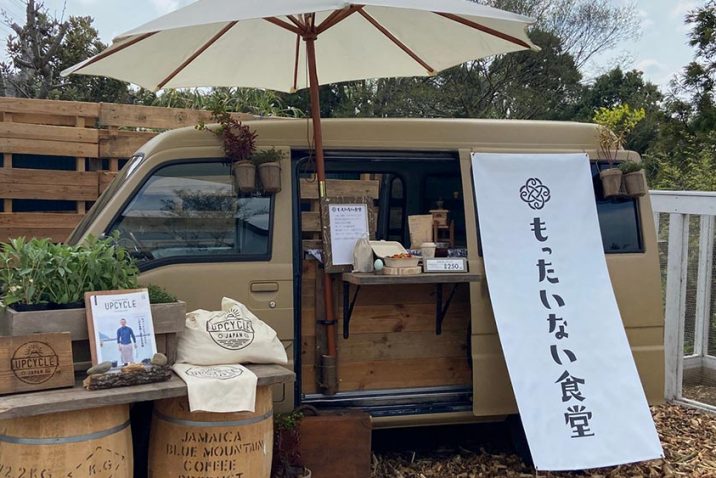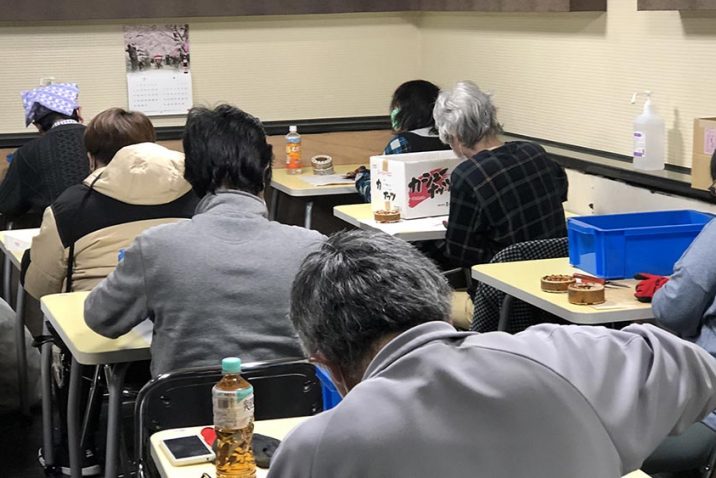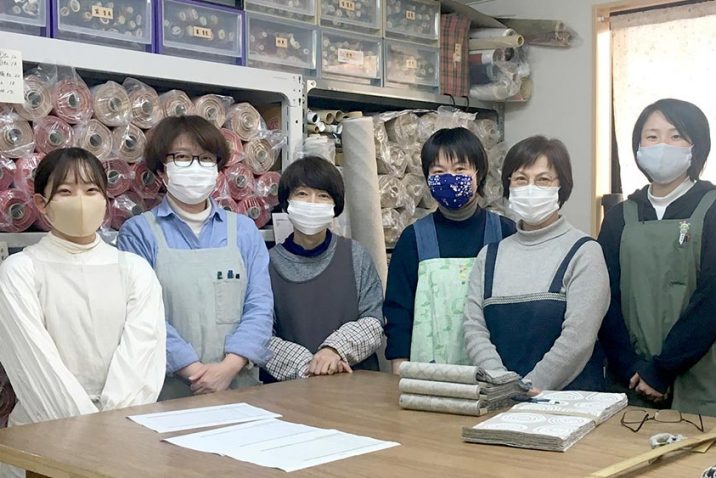Fashion is the world’s second-largest polluter and water-intensive industry in the world. The clothes manufacturing process consumes resources such as water, energy, and chemicals. It also accounts for 10% of the world’s carbon emissions. In Japan...
Forest decline is one of Japan’s prevalent environmental issues. One underlying cause is the country’s rise in unmanaged forests. This surge is caused by the decrease in demand for domestic wood, leading to a lack of adequate forest management. It...
Japan’s leading commodity store, Loft, has launched a recycling program for stationeries. This recycling program is based on a trial previously conducted by Pilot Corporation, which encouraged their customers to recycle their unwanted Pilot...
In 2015, Toyota Motor Corporation announced the Toyota Environmental Challenge 2050, a set of six environmental challenges that the company aims to achieve by 2050. The focus of these targets is to reduce CO2 emissions and become carbon neutral...
Early this year, Starbucks stores in Japan began their switch to operate using renewable energy. The first Starbucks store in Japan to operate using renewable energy is the newly opened Starbucks Sayama City Irumagawa Shop located in Saitama...
Food sustainability is a growing trend in the food and beverage industry. Hopping on the bandwagon is a new eatery, Mottainai Shokudo (shokudou meaning cafeteria). Located in the Shonan region of Kanagawa prefecture, it is a sustainable eatery, an...
The Link Up Waste Project is an upcycling project developed by painting & wall covering contractor, Kawakami Tosokogyo. Launched in May this year, the project tackles issues such as textile waste and unemployment. It also allows the company to...
WALL SHARE Inc. is a local Japanese company determined to color the world with art, one blank wall at a time. Supported by crowdfunding platform FUNDINNO, WALL SHARE is a provider of a service based on a new business model of utilizing blank walls...
As a growing trend, many are curious to learn how to adopt a sustainable lifestyle. However, sustainable living is not a new concept in Japan. Here, it takes form in the practice of the concept of “mottanai.” In the Japanese language...
Japan produces over 6 million tonnes of food waste each year, a portion of which is vegetable produce. More often than not, “ugly” vegetables are discarded for their imperfect appearances, ending up as a significant contributor to food...


